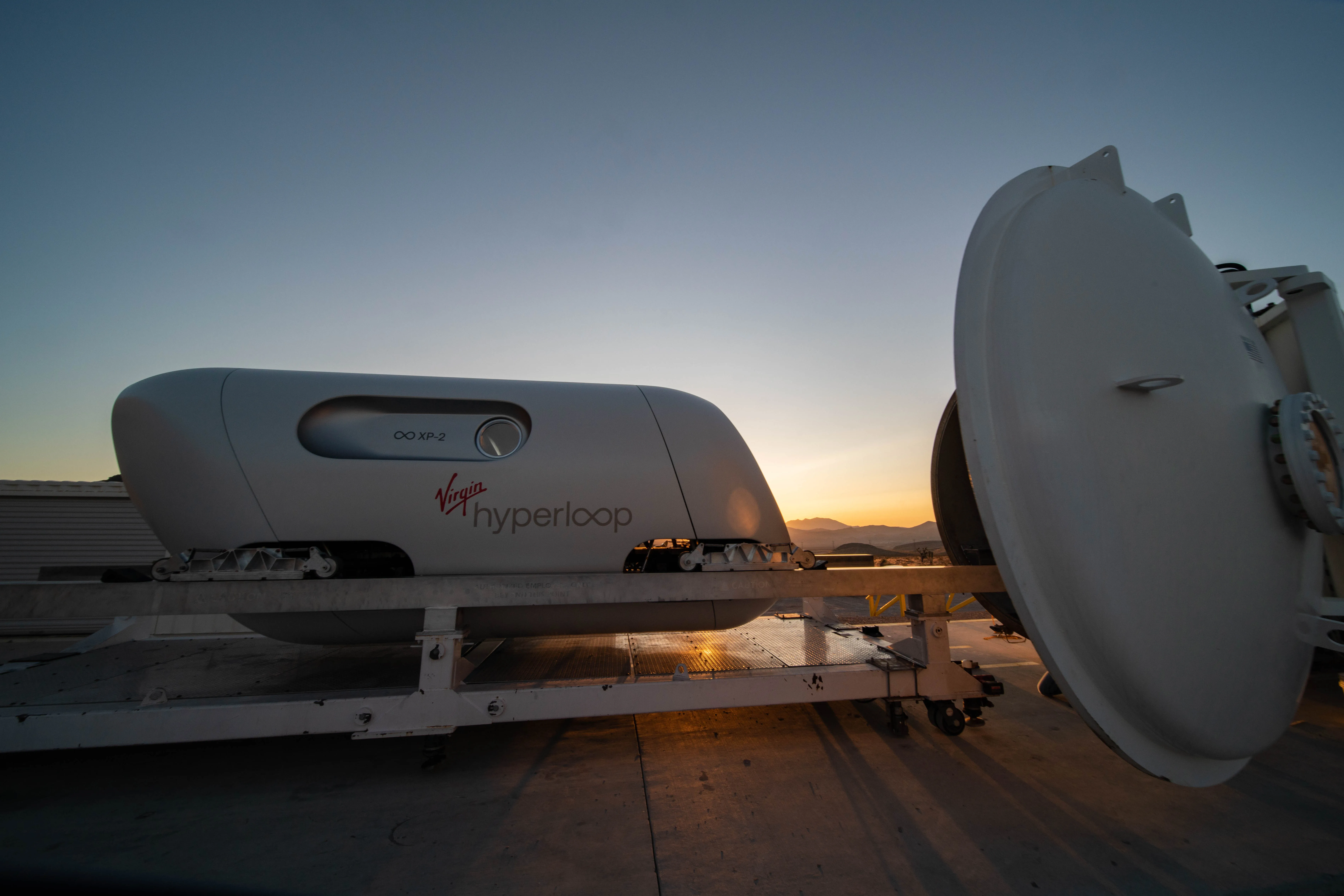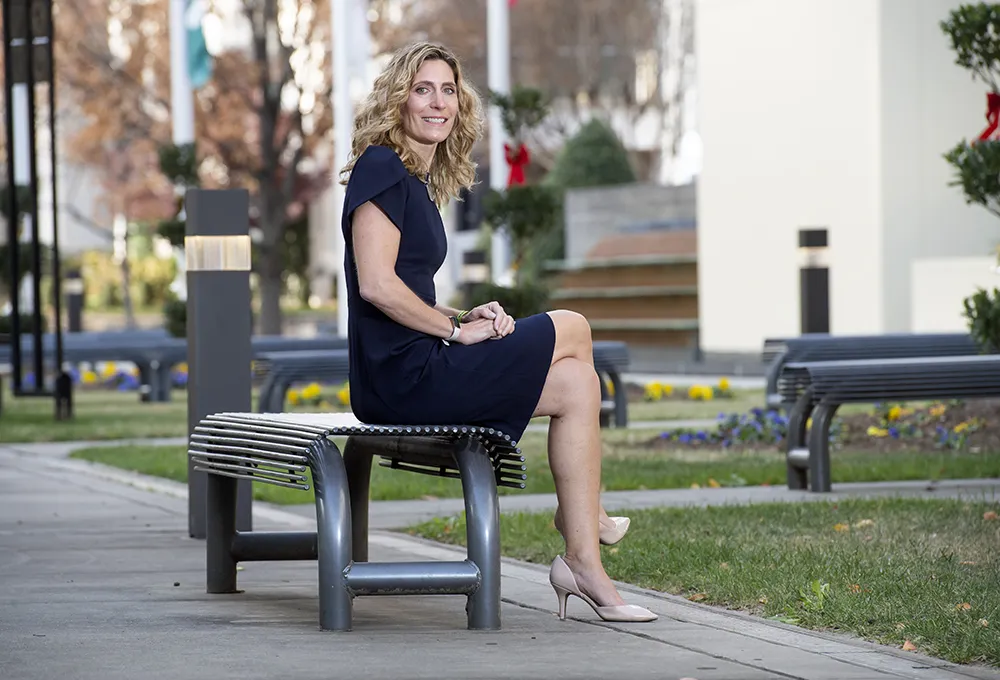Hyperloop Transportation Technologies (HTT) has begun construction of the world's first full scale passenger Hyperloop capsule for delivery and an official reveal in early 2018 at HTT's R&D centre in Toulouse, France.
The capsule, which is being built in collaboration with aeronautics and aerospace fuselage specialist Carbures, will then be utilised in a commercial system soon to be announced from the ongoing negotiations and feasibility studies currently taking place around the world.
The 30m long c
March 23, 2017
Read time: 1 min
The capsule, which is being built in collaboration with aeronautics and aerospace fuselage specialist Carbures, will then be utilised in a commercial system soon to be announced from the ongoing negotiations and feasibility studies currently taking place around the world.
The 30m long capsule is being built in collaboration with aeronautics and aerospace fuselage specialist Carbures, a leading expert in fuselage and advanced materials construction in both aeronautics and aerospace. It has a capacity of 28-40 passengers and is expected to travel at up to 760 mph.










